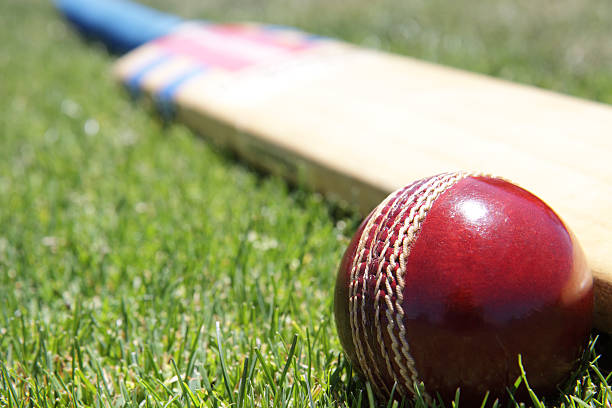How Biofeedback Helps IPL Players Improve
bet book 250.com, 11xplay online, yolo 247 login:It’s no secret that IPL players need to be at the top of their game to compete in the fast-paced world of cricket. With matches that can be decided by split-second decisions and intense pressure to perform, players are constantly looking for ways to improve their skills and mental focus.
One technique that is gaining popularity among IPL players is biofeedback. Biofeedback is a process that allows individuals to learn how to control their body’s physiological processes, such as heart rate, muscle tension, and brain waves. By using sensors attached to the body, players can receive real-time feedback on their physical and mental states, allowing them to make adjustments and improve their performance.
So, how exactly does biofeedback help IPL players improve? Let’s dive into the details.
Understanding Body Signals
In the fast-paced world of IPL cricket, players often find themselves in high-pressure situations where staying calm and focused is essential. Biofeedback helps players understand the signals their body is sending them in these moments, enabling them to recognize when they are becoming stressed or anxious and take steps to calm themselves down.
Improving Mental Focus
One of the key components of successful performance in cricket is mental focus. By using biofeedback to monitor their brain waves, players can learn to enter a state of flow where they are fully focused on the task at hand. This heightened level of concentration can help players react more quickly to the ball, make better decisions, and stay calm under pressure.
Enhancing Physical Performance
In addition to mental focus, biofeedback can also help players improve their physical performance on the field. By monitoring muscle tension and heart rate, players can learn to relax their muscles and control their breathing, leading to improved coordination, agility, and stamina.
Recovering from Injuries
One of the biggest challenges for IPL players is dealing with injuries and recovering quickly to get back on the field. Biofeedback can be a valuable tool in the rehabilitation process, helping players monitor their progress and adjust their training and recovery protocols to speed up healing and prevent future injuries.
Building Resilience
Cricket is a mentally and physically demanding sport, and players often face setbacks and challenges throughout their careers. Biofeedback can help players build resilience by teaching them coping strategies for dealing with stress, setbacks, and injuries. By learning to regulate their emotions and maintain a positive mindset, players can bounce back stronger and more resilient than ever.
Incorporating Biofeedback into Training
Many IPL teams are now incorporating biofeedback into their training programs to help players improve their performance on the field. By working with biofeedback specialists and using advanced technology, players can track their progress, set goals, and make data-driven decisions to optimize their training and preparation for matches.
FAQs
Q: How does biofeedback work?
A: Biofeedback works by using sensors to monitor physiological processes such as heart rate, muscle tension, and brain waves. Players receive real-time feedback on these processes, allowing them to make adjustments and improve their performance.
Q: Is biofeedback only for elite athletes?
A: No, biofeedback can be beneficial for athletes of all levels, from beginners to professionals. It can help improve performance, reduce stress, and prevent injuries.
Q: How often should players use biofeedback?
A: The frequency of biofeedback sessions can vary depending on the player’s goals and schedule. Some players may benefit from daily sessions, while others may only need to use biofeedback occasionally.
Q: Are there any risks associated with biofeedback?
A: Biofeedback is generally considered safe and non-invasive. However, players should consult with a healthcare professional before starting any new training or recovery program.
In conclusion, biofeedback is a valuable tool that can help IPL players improve their performance on and off the field. By using biofeedback to monitor their physical and mental states, players can enhance their focus, physical performance, resilience, and recovery from injuries. As more players and teams incorporate biofeedback into their training programs, we can expect to see even greater improvements in performance and results on the cricket field.







